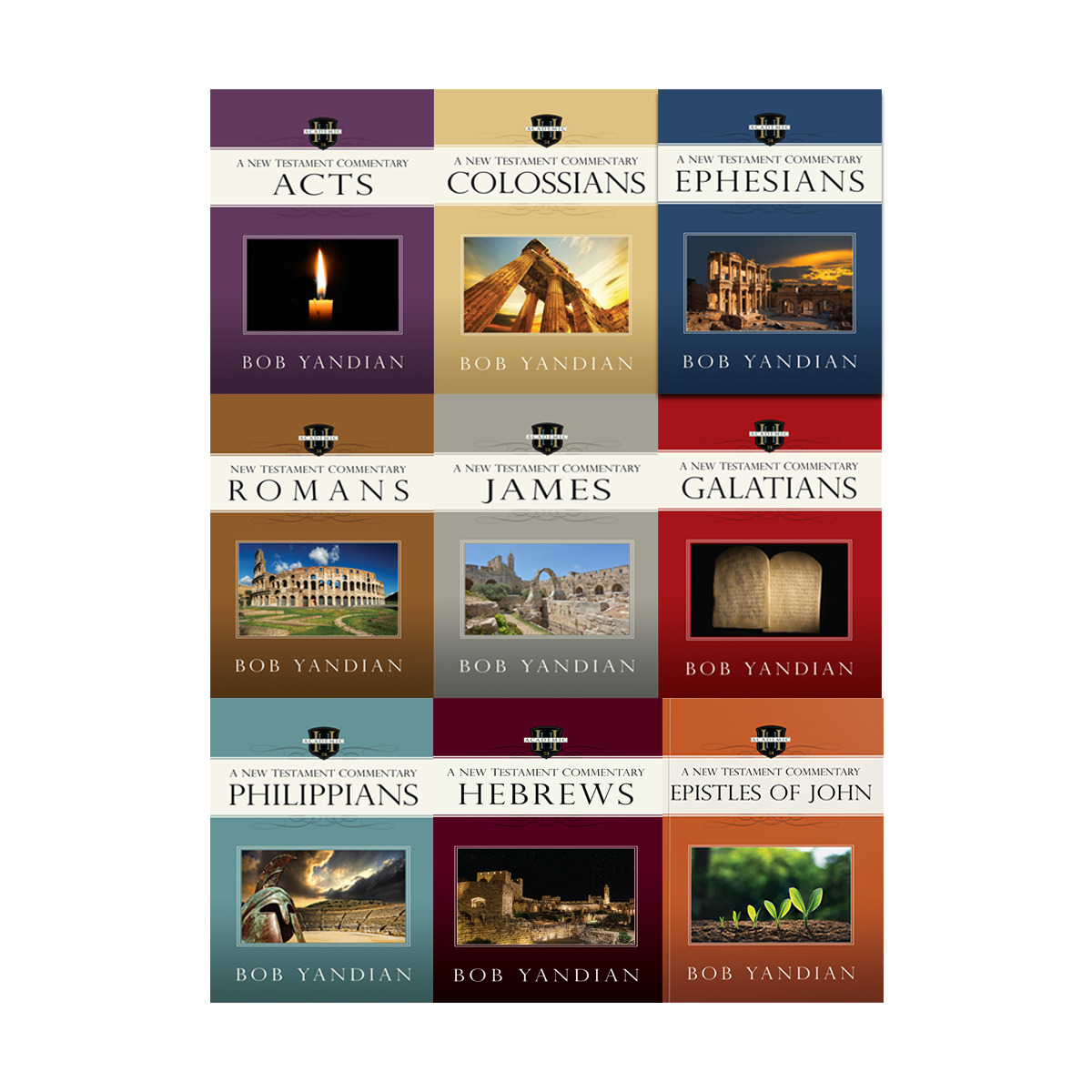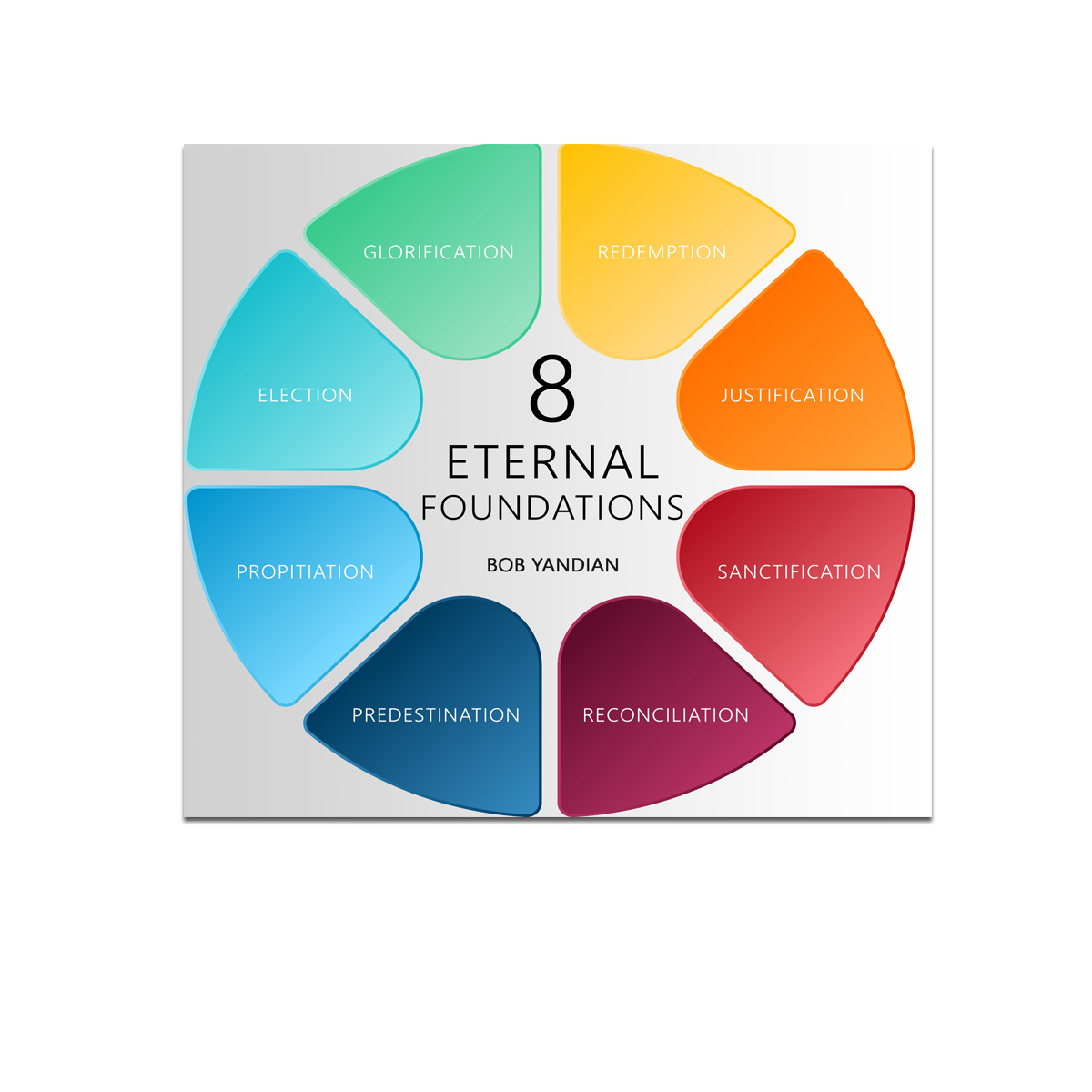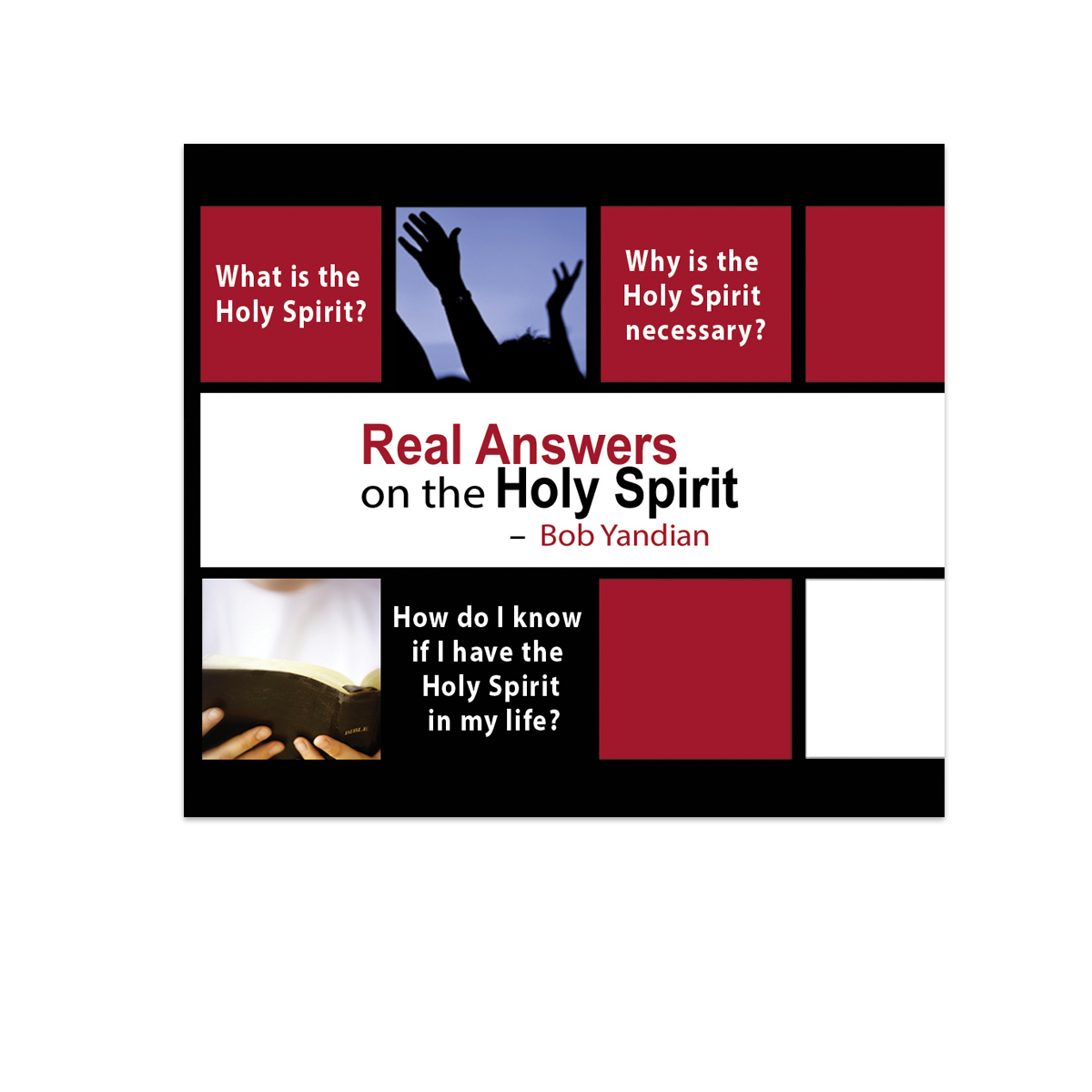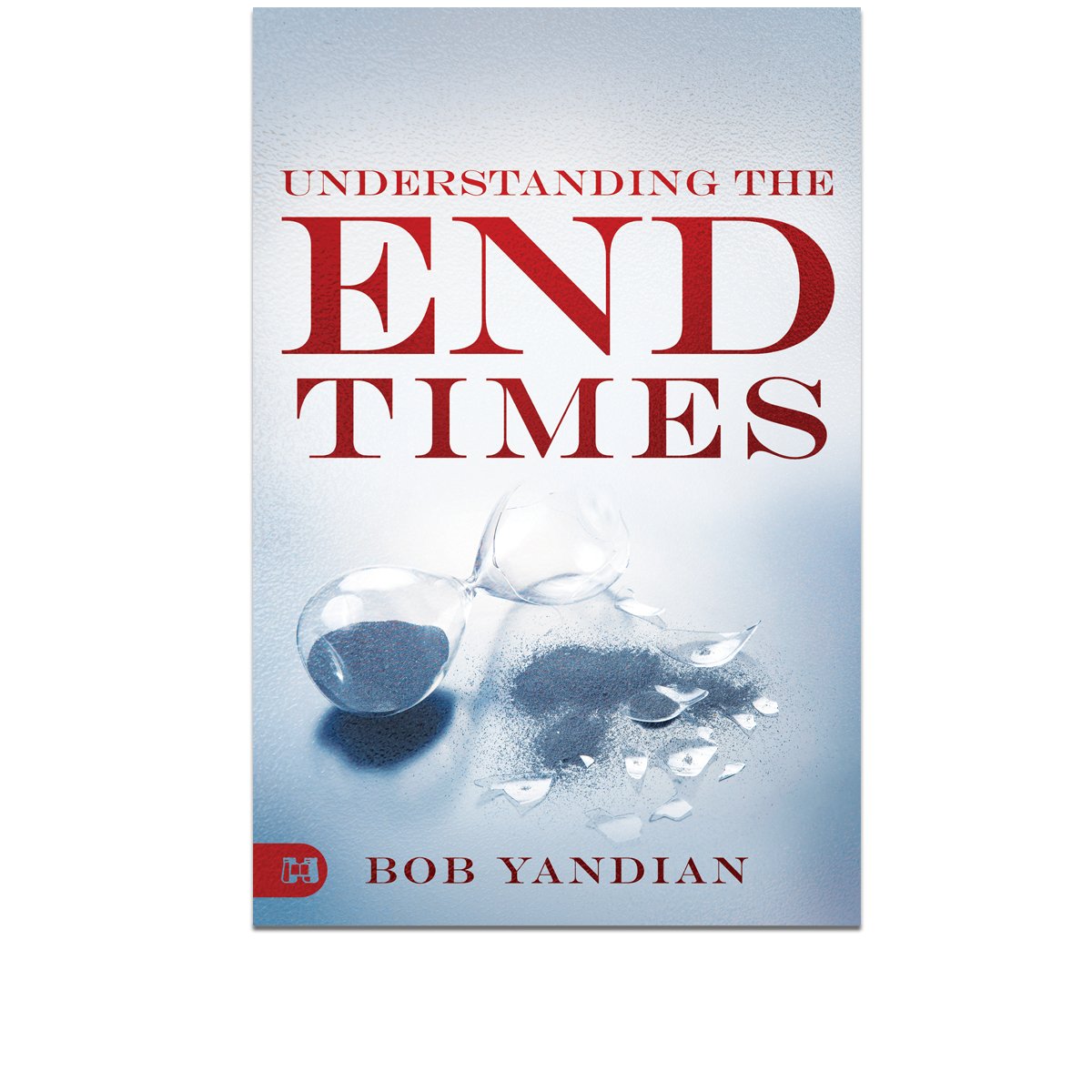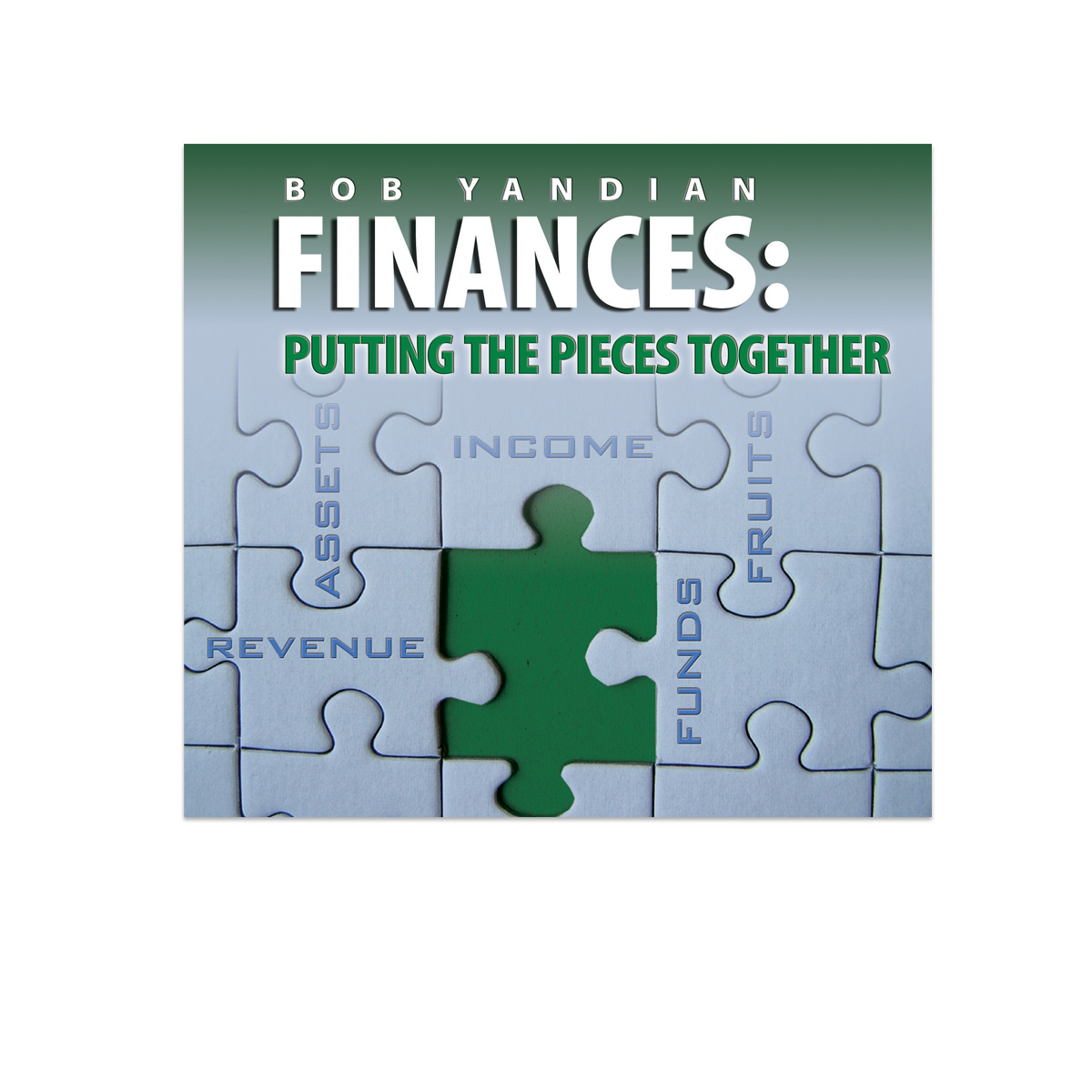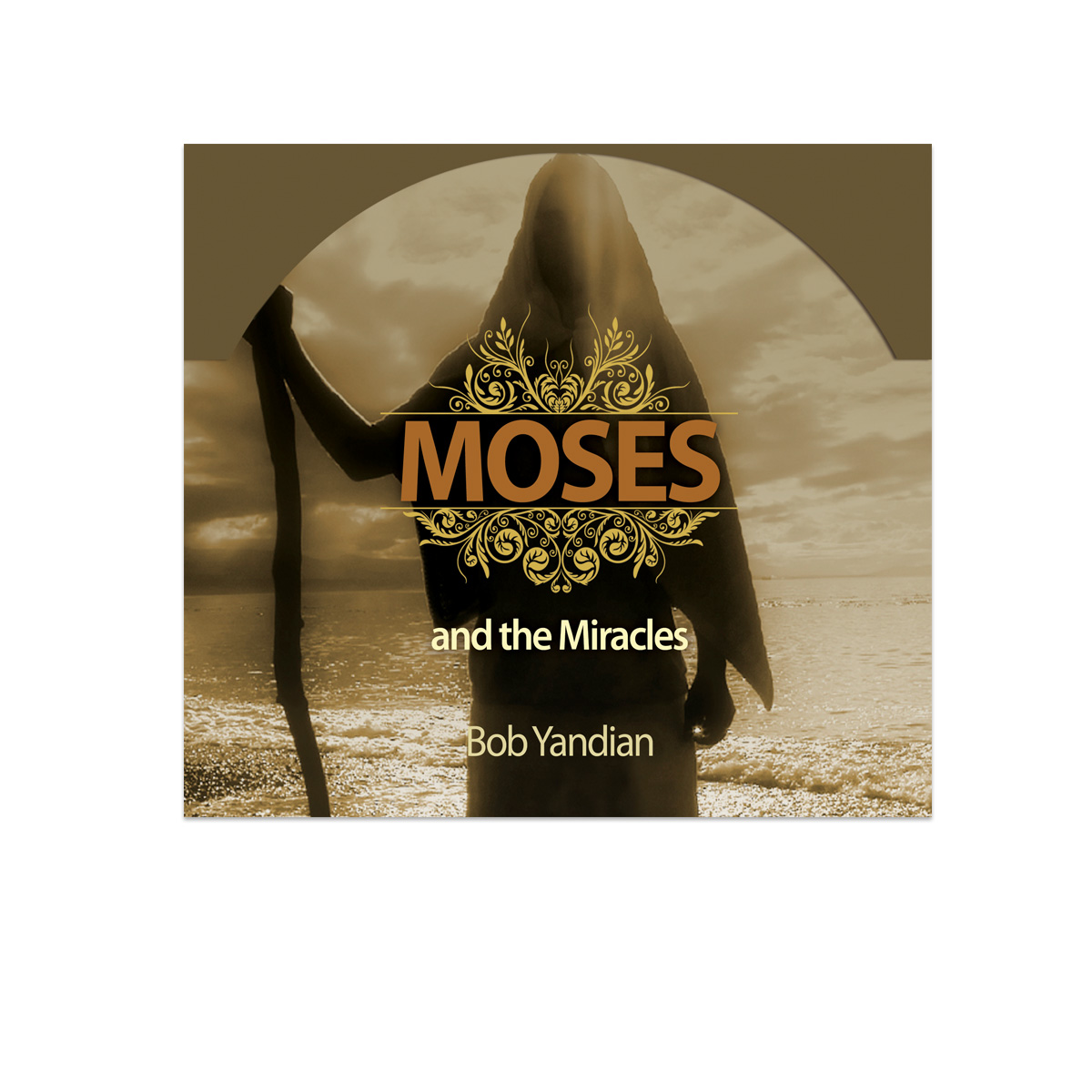Have you ever wondered why God made Heaven’s streets out of gold or built the foundations of the heavenly city out of diamonds, rubies and other precious gems? The answer is so obvious that it is easily missed – in Heaven there is no place to cash in the gold or gems or to spend money, so why not use them for building materials!
However, on earth we can spend gold and it is God’s will that we have it to spend. He wants us to be financially prosperous so that we can use our wealth to spread the gospel of Jesus Christ!
It is God’s ultimate will that our soul prospers and then, as God can trust us with His riches, our outward man will also prosper and walk in divine health (3 John 2).
God’s plan is not a get-rich-quick scheme, but that it is a growing process. In this process we move from the good to the acceptable, and finally, to the perfect will of God by the renewing of our minds. This growth is similar to the seeds which are sown into the ground and produce some thirty, some sixty, and some a hundred-fold return (see Romans 12:2).
In Psalm 1, David tells us that, if we take delight in the law of the Lord and meditate on it day and night, whatsoever we do shall prosper. Psalm 112:1, echoes this, “…blessed is the man that fears the Lord, that who delights greatly in his commandments.” In verses 2-10, we find a commentary on this which elaborates the blessings that will come to this man who renews his mind with the Word.
The Blessings
The first blessing is found in verse two, “His descendants shall be mighty upon the earth …” The point of this blessing is that financial prosperity is meaningless if your children are an ungodly generation who will squander your wealth. Satan preys upon young people so that godly parents will have no one godly to inherit their wealth and blessings. By patiently waiting to destroy the next generation, Satan can steal all that God has given us. This is why it is imperative that we instruct our children in the Word of God!
The second blessing is found in verse three, “wealth and riches shall be in his house; and his righteousness endures forever.” Notice that righteousness endures forever. It is passed from generation to generation so that those who have the riches will also have the strength and abilities necessary to handle and keep them.
Verse four tells us of another part of prosperity. “Unto the upright there arises light in the darkness; he is gracious, and full of compassion, and righteous.” This “light in the darkness” is the guidance God gives us in Satan’s dark world. This includes, what to do with our families, what to do in the affairs of life, as well as what to do with our finances. The reason this man in verse four is prosperous is because he is a giver at heart. The ultimate goal of prosperity is not self-gain, but to be able to be a giver to those in need.
This idea is carried into verse five. “A good man deals graciously and lends, he will guide his affairs with discretion.” As God has graced you, you should grace others. As God’s nature, which is of love and mercy, comes inside you, it should become your nature to reach out as He does and bless others no matter what they look like, live like, or act like. You love them simply because it is your nature to love.
The word discretion means “judgment.” Good judgment is another facet of prosperity. This enables you to assess, evaluate, and judge the affairs of life so that you can maintain all the blessings God has given you.
Furthermore, when a believer remains in the Word and reaps God’s blessings, he becomes stable, and as verse six tells us, “Surely he will never be shaken…” In the time of testing he will not be moved away from God’s Word. Thus, he will be victorious.
This verse also says, “… the righteous will be in everlasting remembrance.” Prosperity encompasses the righteous man’s being remembered after he dies. Because of his righteousness people will desire to understand what he had in life. Because of this, he will leave an everlasting remembrance on this earth.
Whereas verse six was speaking of standing fast in times of testing, verse seven is telling of how to deal with evil tidings, “He will not be afraid of evil tidings: his heart is steadfast, trusting in the Lord.” When calamity strikes, outward prosperity is of little consequence and often is impotent. However, the key to overcoming calamity is to keep your heart fixed and steady on the Word of God.
Verse eight tells us about another benefit of prosperity – patience – when it says, “his heart is established, he will not be afraid, until he sees his desire upon his enemies.” When you see your enemies prospering even though they are evil, you don’t go running after their way because your heart is established and fixed. Then, when they fall, as they eventually will, you will still be moving on one step at a time because of the patience in your heart.
Verse nine reveals another secret of this man’s (and our) success, “He has dispersed abroad, he has given to the poor….” It’s told to us again; he is a giver! This reiteration is used to emphasize the fact that we prosper when we are givers.
This verse goes on to say, “… his righteousness endures forever; his horn shall be exalted with honor.” When a horn is exalted, it is turned so that it can catch the blessings that are poured from heaven.
The reaction of the unbeliever to this believer’s receiving all these blessings is graphically described in verse ten. “The wicked will see it, and be grieved; he will gnash his teeth, and melt away; the desire of the wicked shall perish.” It is God’s will that this prosperity grieve the wicked. The ultimate purpose of a believer’s prosperity is to provoke the sinner to jealousy so that when his man-made schemes have failed, he sees God’s prosperity and wants it enough to turn from his own ways to God’s way!
Prosperity Involves More Than Money
Now I realize that we all know sinners who are financially prosperous, but remember, prosperity involves more than money. These same rich people may have poor health, marriages that have fallen apart, or any of a number of problems in their lives. No amount of money can buy freedom from these problems. Freedom can come only from God’s Word.
There are many supposedly “scriptural” arguments against prosperity. I say, “supposedly” because the Word does not contradict itself and we need to rightly discern the Word of God.
One scripture often quoted as “proof” that God is against every believer’s becoming prosperous is 1 Samuel 2:7, “The Lord makes poor, and makes rich: He brings low, and lifts up.” Opponents of the prosperity message interpret this as meaning that prosperity lies totally in the realm of God’s sovereignty. In other words, He makes rich only those He chooses.
Hannah
The Bible does say this. Taken as is, it sounds very convincing, but before we jump to conclusions, let’s look at this verse in context. Hanna, the mother of Samuel, began to prophesy and sing to the Lord when she found out that she was pregnant. In fact, in verse one she says, “My heart rejoices in the Lord'; my horn is exalted in the Lord …” Remember what we said, an exalted horn catches the blessings of God. Hannah may not have had much money, but she was prosperous because she found the key to receiving blessings from the Lord—rejoicing before the Lord. Hannah’s prosperity, like ours, began in her inner man. Then her outer man could turn up her horn to receive God’s blessings.
Hannah goes on to say, “…I smile at my enemies; because I rejoice in Your salvation.” Hannah’s barrenness had been ridiculed by other women, but Hannah was undaunted by the ridicule and was patient, keeping her heart right before the Lord. Because of this, God saw to it that her praises were enlarged over all her enemies and then she became pregnant.
We find out in verse two that by establishing her heart on the Word, Hannah found a place of security in her life. “No one is holy like the Lord, for there is none besides You, nor is there any rock like our God.” Many of the women who were laughing at Hannah were sinners. They looked down their noses at her because she had no children. In the fullness of her joy at being pregnant, she says, “talk no more so very proudly; let no arrogance come from your mouth: for the Lord is the God of knowledge; and by Him actions are weighed. (1 Samuel 2:3) She warned against talking proudly because, “… God resists the proud, but gives grace to the humble.” (James 4:6)
Hannah goes on to say in verse four, “The bows of the mighty men are broken, and they that stumbled are girded with strength.” The phrase, “mighty men” refers to those who think they are self-sufficient and do not need God. We still have men who boast that they are self-made, but that boast is erroneous. We all need others to teach us and train us. We don’t automatically know everything. These “self-made” people merely took advantage of the opportunities that were given to them. What they don’t realize is that God made those opportunities come to pass for sinners as well as for Christians. Furthermore, these sinners will eventually fail if they are leaning on their own strength. If they come against the righteous, God will see to it that they fail.
When these “mighty men” load their bows against the righteous, God will snap the bows like toothpicks. Literally the bows are weapons of warfare. Metaphorically they are people’s mouths. A mouth can be just as deadly a weapon when it is loaded with words against you. In order to preserve the righteous God will destroy a mouth as readily as he will break a bow.
In verse five Hannah tells how things can be turned around by God. “Those who were full have hired themselves out for bread, and the hungry have ceased to hunger." The basic idea behind this verse is that overnight success brings overnight failure.
Verses six and seven seem to be full of paradoxes, but in light of the entire text the meaning is clear. “The Lord kills and makes alive; He brings down to the grave and brings up. The Lord makes poor and makes rich; He brings low and lifts up.” Whom does the Lord kill? The wicked, the proud, the arrogant. Whom does He make alive? The humble, the righteous, those whose horns are exalted and whose hearts are right before Him. Whom does He bring down to the grave? The wicked. Whom does He lift up? The righteous. We can surmise who is made poor and brought low – the wicked, the arrogant, the proud, the self-righteous. On the other hand, the believer is made rich and exalted before God.
The reason for my covering these scriptures is to show you that while Hannah did say, “The Lord makes poor and makes rich,” she did not mean that God arbitrarily exalts one person above another. What she was saying is that God deals with sinners one way (makes poor) and believers another (makes rich).
Can you see the danger of taking a verse out of context? A scripture out of context may sound entirely different than God intended.
Verse eight and nine tell us how the Lord treats believers. “He raises the poor from the dust and lifts the beggar from the ash heap, to set them among princes and make them inherit the throne of glory. For the pillars of the earth are the Lord’s, and He has set the world upon them. He will guard the feet of His saints, but the wicked shall be silent in darkness. For by strength no man shall prevail.”
Then verse ten reiterates the fact that God deals with His adversaries and His anointed in different ways. “The adversaries of the Lord shall be broken in pieces; from heaven He will thunder against them. The Lord will judge the ends of the earth; and He will give strength to His king, and exalt the horn of his anointed.”
The Word of God declares over and over that if you increase in the knowledge of the glory of the Lord, it is His desire that you also prosper and be in health.

